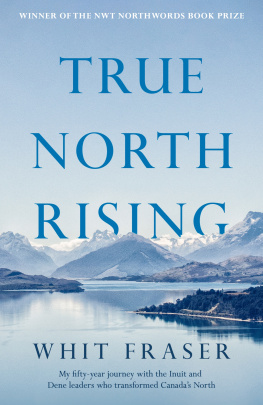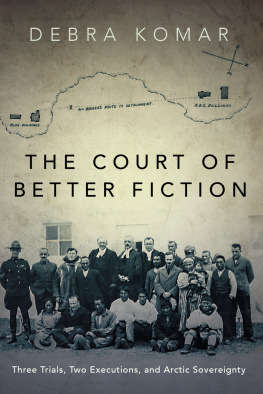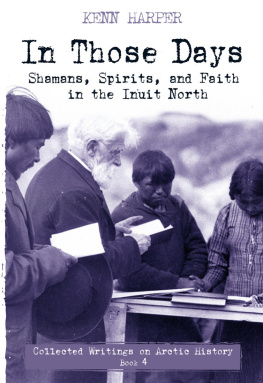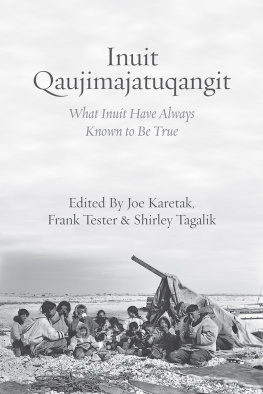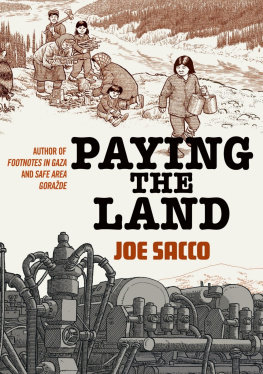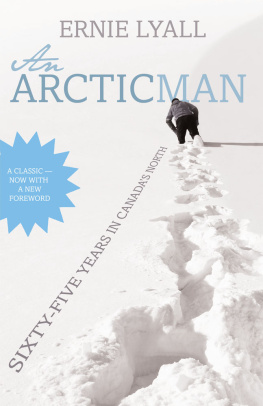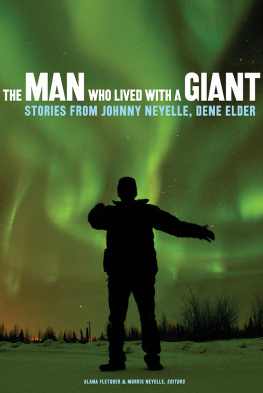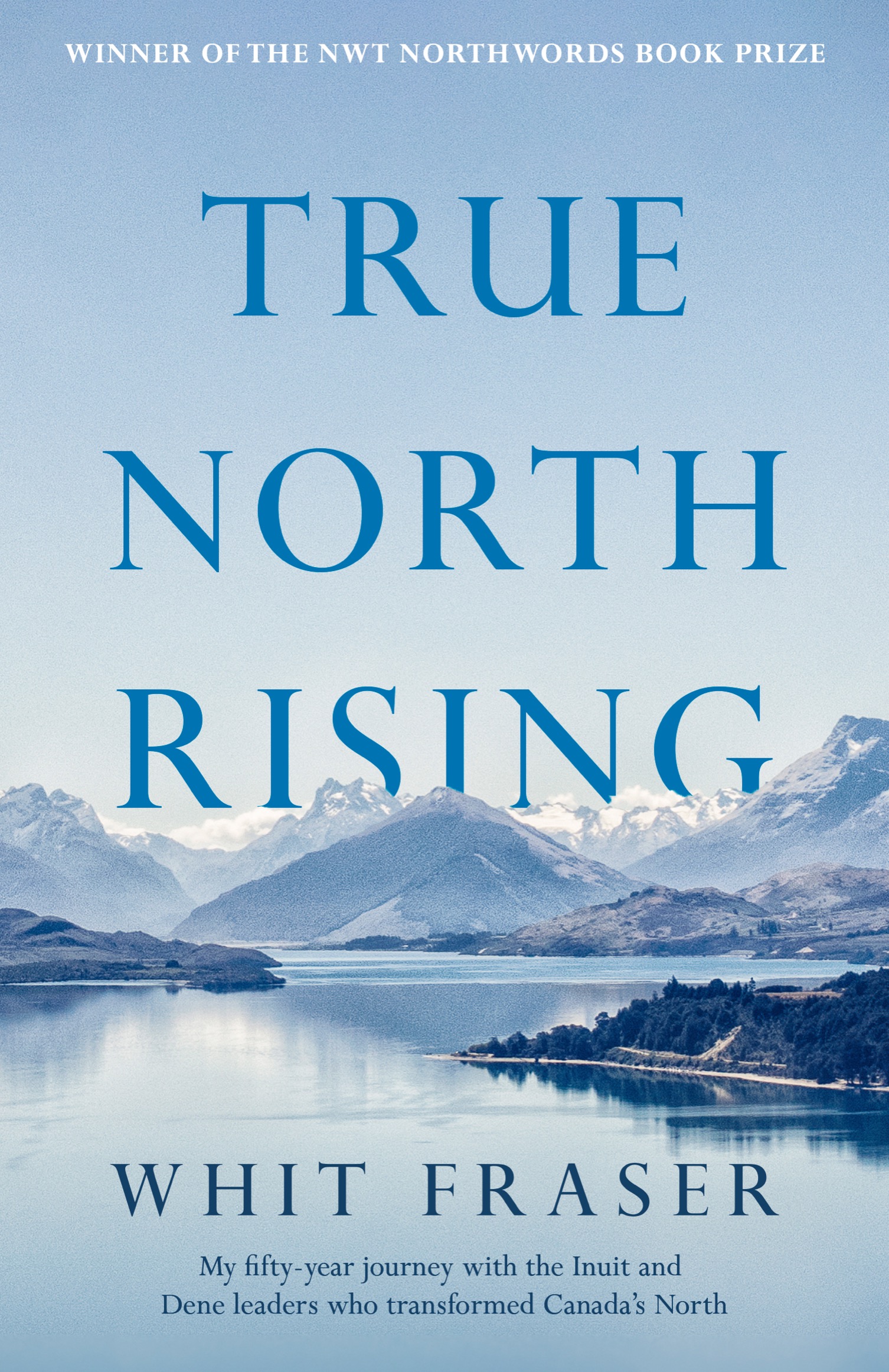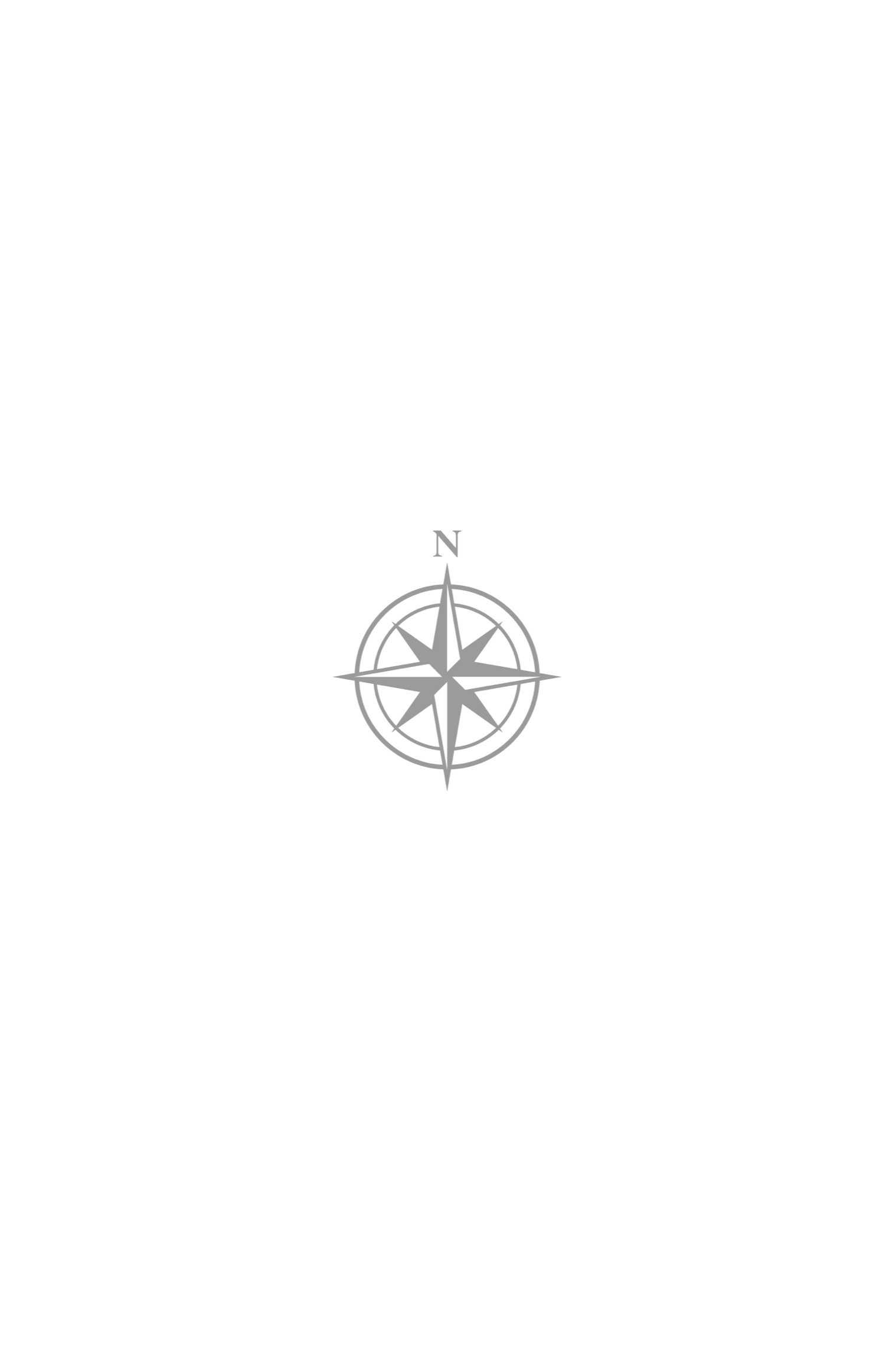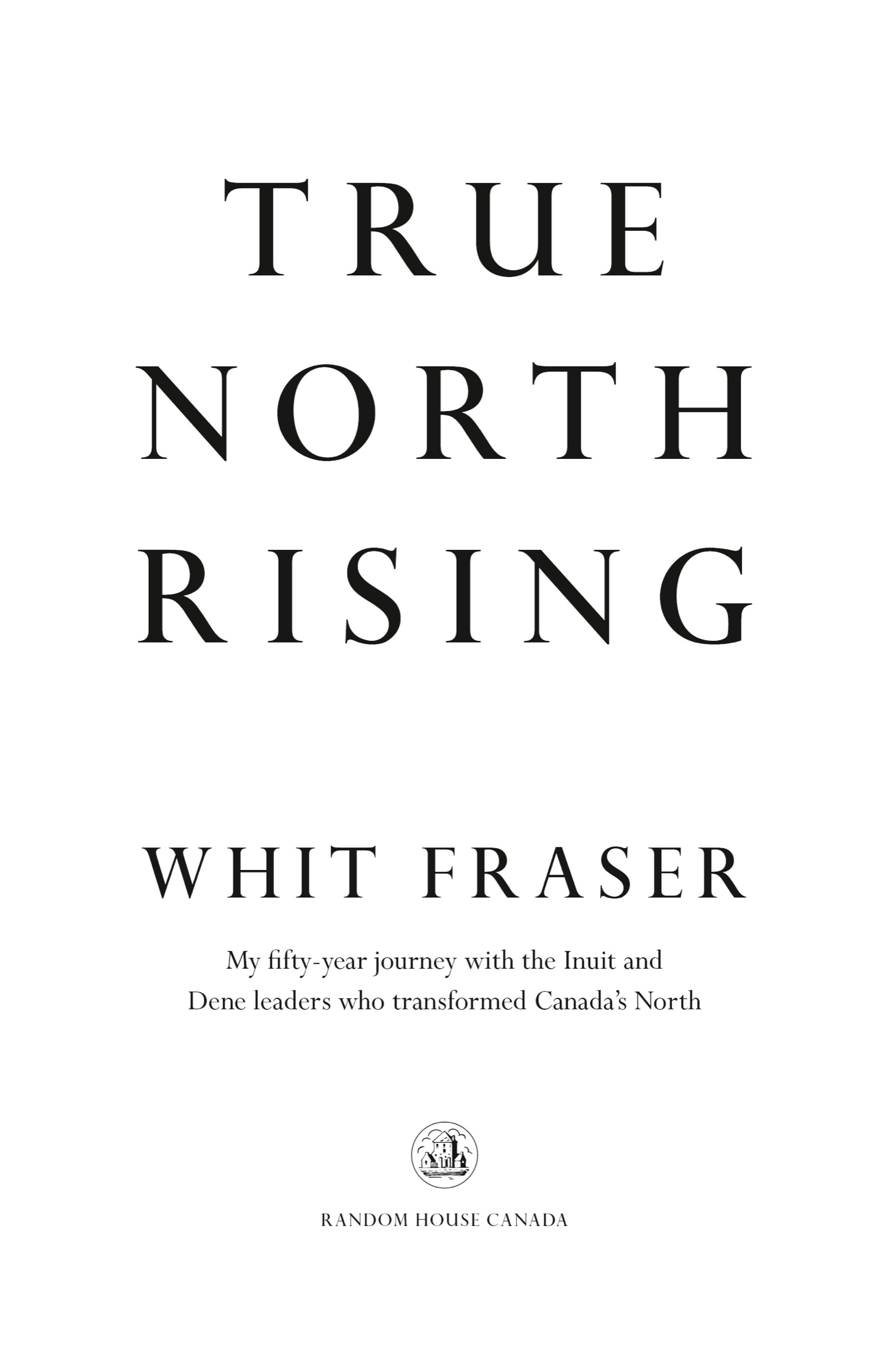Contents
Landmarks
Print Page List
PUBLISHED BY RANDOM HOUSE CANADA
Copyright 2023 Whit Fraser
All rights reserved under International and Pan-American Copyright Conventions. No part of this book may be reproduced in any form or by any electronic or mechanical means, including information storage and retrieval systems, without permission in writing from the publisher, except by a reviewer, who may quote brief passages in a review. Published in 2023 by Random House Canada, a division of Penguin Random House Canada Limited, Toronto. Originally published in 2018 in Canada by Burnstown Publishing House, Burnstown. Distributed in Canada and internationally by Penguin Random House Canada Limited, Toronto.
www.penguinrandomhouse.ca
Random House Canada and colophon are registered trademarks.
Library and Archives Canada Cataloguing in Publication
Title: True north rising / Whit Fraser.
Names: Fraser, Whit, author.
Description: Previously published: Burnstown, Ontario: Burnstown Publishing House, 2018.
Identifiers: Canadiana (print) 20220257787 | Canadiana (ebook) 20220257795 | ISBN 9781039005594 (softcover) | ISBN 9781039005600 (EPUB)
Subjects: LCSH: Fraser, Whit. | LCSH: Canada, NorthernHistory. | LCSH: Indigenous peoplesCanada, NorthernSocial conditions. | LCSH: Indigenous peoplesCanada, NorthernGovernment relations. | LCSH: JournalistsCanada, NorthernBiography. | LCSH: Canada, NorthernBiography. | LCGFT: Autobiographies.
Classification: LCC FC3963.1.F73 A3 2023 | DDC 971.9/03092dc23
Text design: Dylan Browne, adapted for ebook
Cover design: Dylan Browne
Image credits: Jayson McIvor / Getty Images
a_prh_6.0_142431799_c0_r0
In memory of Andrew and Austin
CONTENTS
PREFACE
Beginning as a reporter with CBC Northern Service in 1967, and more through luck than good management, my travels over fifty years have taken me across the North, to every town and village from Labrador to Alaska, to the oil and gas exploration and mining sites, and across traplines and waterways too numerous to mention. My northern perceptions were later sharpened as chair of the Canadian Polar Commission and as executive director of Inuit Tapiriit Kanatami, Canadas national Inuit organization.
Some of the coldest places I encountered and some of my warmest friendships emerged while I covered the Mackenzie Valley Pipeline Inquiry under Justice Thomas Berger. Over four pivotal years in the mid-1970s, the inquiry became much more about overcoming racism and building a better society than it was about laying a steel pipe through the permafrost.
It is more than time for me to tell the stories of the remarkable Indigenous-language broadcasters who provided the daily radio and TV coverage of the hearings. They were more than just gifted communicators. Their knowledge of their language and their people inspired a generation of young Indigenous leaders and profoundly changed the future of northern broadcasting.
I watched and reported as bright young men and women, including Mary Simonmy future wife and Canadas future governor generalfought for cultural survival and identity for First Nations, Inuit, and Mtis. More often than not, my favourite stories are the ones that didnt make the news, or the stories that I wish hadnt made the newslike the time, after listening to unbearably racist testimony, I threw down my CBC reporters notebook and asked to be sworn in as a witness at the Berger Inquiry. People not only demanded that I be fired as a result, but that I be banished, along with my whole family, from the Northwest Territories.
Over the years many of my colleagues have described me as a natural storyteller. This memoir puts that flattering judgment to the test.
Yet I want to do more than tell colourful stories. I also want to bring what I can to the discussion of the critical issues we are facing today: reconciliation and climate change. And I want to pay tribute to the remarkable men and women who have shaped the North over the past fifty years, among them Stephen Kakfwi, who was sexually abused as a child at a Catholic residential school but brought the Pope to the Northwest Territoriestwice. And John Amagoalik. In the 1950s, the government of Canada, attempting to assert Arctic sovereignty, forcibly relocated young John and his family, along with other Inuit, from their home in northern Quebec to Resolute Bay, 1,400 kilometres north in the High Arctic. In 1999, John led the movement that changed the map of Canada with the creation of the new territory of Nunavut.
My hope is that this book will allow people who have never been fortunate enough to go north to feel a little closer to knowing its people and their culture and history. For those who have travelled the North and those who live there, I hope this book does justice to your experiences and your place in history.
This is my way of saying thanks for sharing so much of it with me.
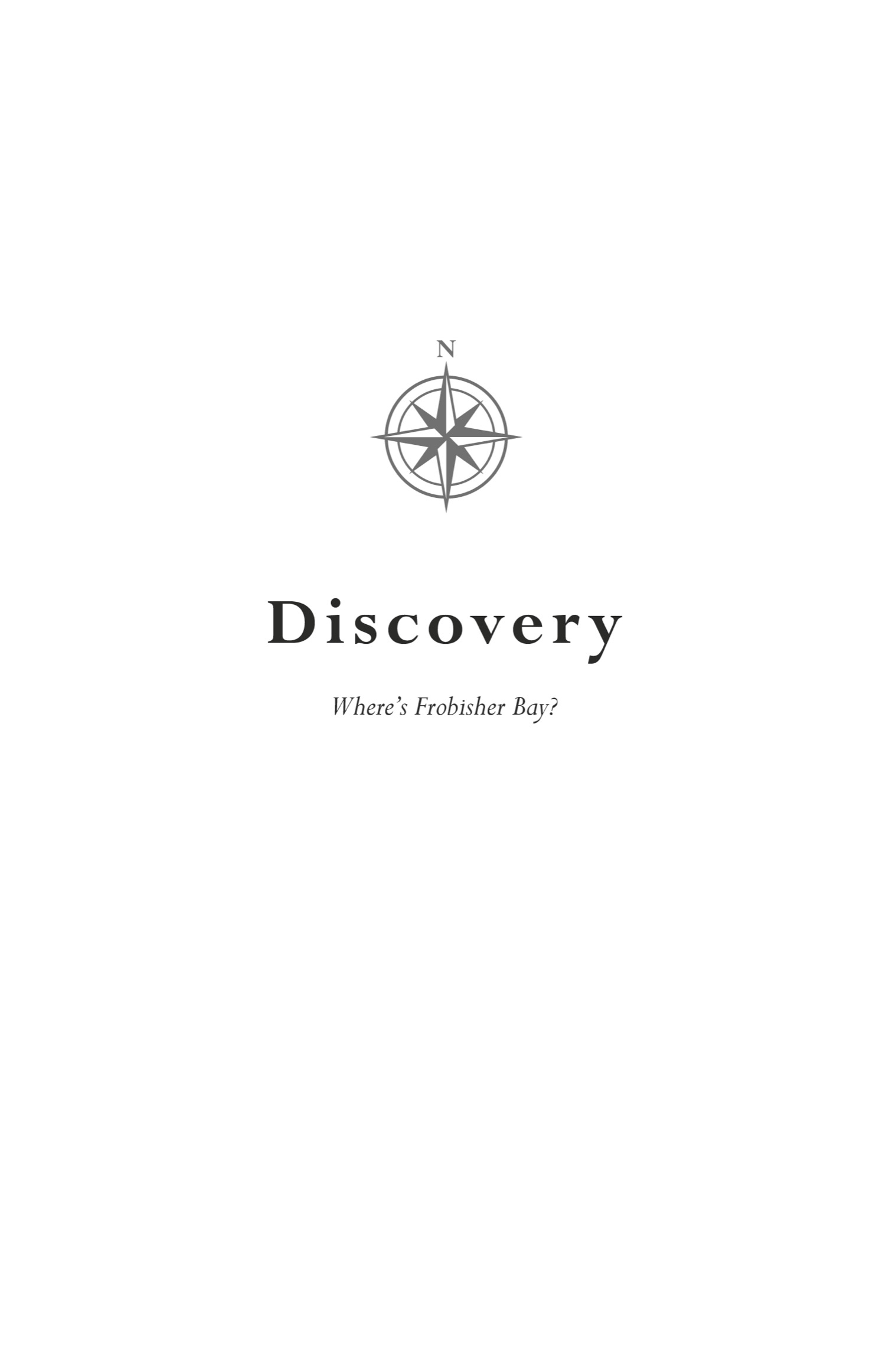
1
COLONIAL JUSTICE
White Men in Black Robes
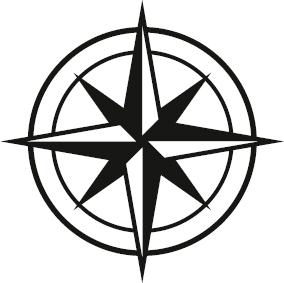
I will remember the look in Tootaliks eyes forever.
His was a face weathered and leathered from a lifetime of travelling across the frozen reaches of Arctic tundra and sea ice. Anyone, even a northern novice from the south like me, could tell by his stained clothing and sealskin knee-high footwear that he was a seasoned hunter. Yet the situation he faced filled him with panic and confusion.
He had to be asking himself: Why am I here? What have I done? Why is this uniformed Mountie guarding me? I imagine what was most frightening to him was standing in front of these white men in long, flowing black robes in this room with so many flags.
Why are they looking at me that way? What are they saying?
The white men in front of him included a judge, two lawyers, another man who was writing down everything that anyone said, the Mountie whod arrested him and one broadcast reporterme. What did we know of his life? None of us understood Inuktitut. He couldnt speak to us. He couldnt tell his story. Whats more, none of us had lived his life, venturing far out onto the sea ice by dog team, confronting and hunting polar bears, building iglus to survive Arctic blizzards, and then, following trail markers invisible to the southern eye, finding the way back home.
Tootaliks crime? He was accused of hunting a female polar bear with young.
Bizarre when you think about it. He was charged with practising the ancient skill that had allowed Inuit to survive for thousands of years. In his own culture, what he and his three companions had done was the feat of great hunters. The statement of fact submitted by the prosecutor ignored all of that, concentrating instead on the white mans laws and justice:

